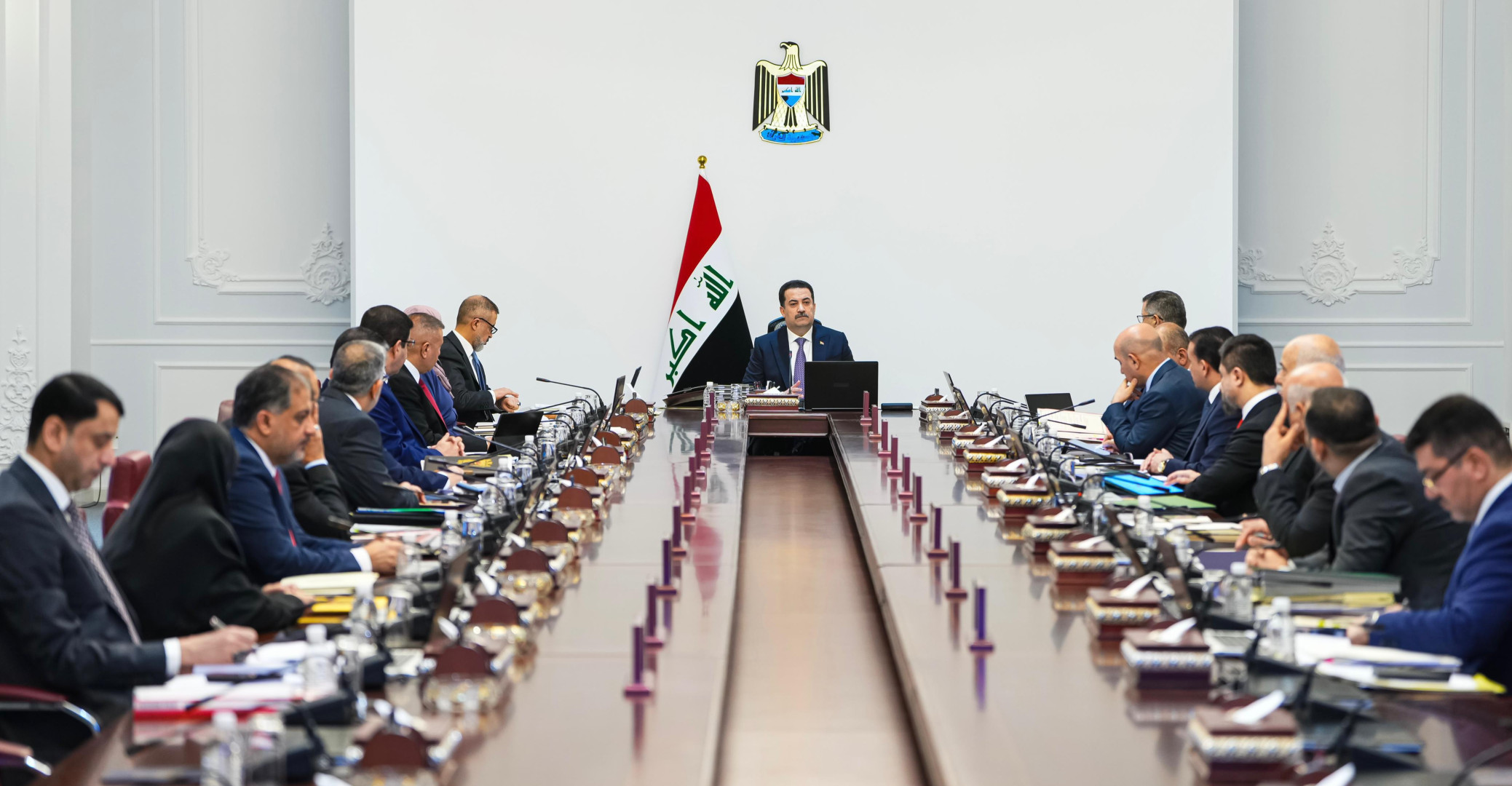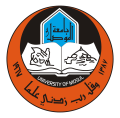The Iraqi Council of Ministers decided yesterday , Tuesday, to postpone the results of the population census in the disputed areas until they are compared with the 1957 census .
This was revealed by former Kurdish MP Bakhtiar Shawis, who said that the Iraqi Council of Ministers decided to postpone the announcement of the census results in these areas until the comparison process is completed, pointing out the importance of this step to ensure the accuracy of data related to the distribution of the population in the disputed areas .
The issue of the population census in the disputed areas is a sensitive issue in Iraq, as the concerned authorities seek to determine the percentage of the population from the various components, amid political tensions over the management of these areas and their affiliation .
The day before yesterday, Monday, the Iraqi Ministry of Interior rejected the request of the Kurdistan Regions Authority to postpone the population census in the disputed areas, stressing that the census will be conducted on time without delay .
The ministry spokesman explained that the census will include all components in those areas, including Arabs, Kurds and Turkmen. He also pointed to the high coordination with the Kurdistan Region to ensure the successful implementation of the census .
The cancellation of the “nationality” question in the population census planned for Iraq raises concerns in the disputed areas, especially among Arabs, Kurds and Turkmen .
Residents of these areas feel that this change may affect their demographic representation and reinforce the demographic change that these areas have witnessed since the events of 2017 .
The census aims to collect economic and development data, and is not considered political in nature, according to the Ministry of Planning, while many politicians and citizens see the cancellation of the nationality clause as contradicting the Iraqi constitution and the demands of the disputed areas to determine their identity .
They believe that the census may show the population distribution and affect issues such as the division of oil wealth and the distribution of political seats, especially in Kirkuk .
It is noteworthy that the 1957 Iraqi census was the second population census in the country’s history under the rule of the Kingdom of Iraq, and according to the results announced, the total population of Iraq in that year was 6,339,960 people.






